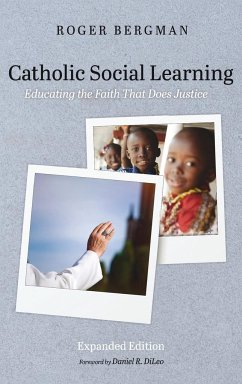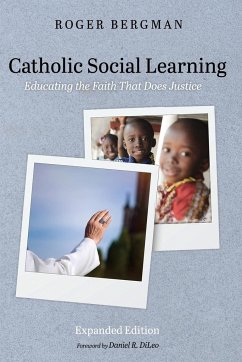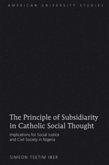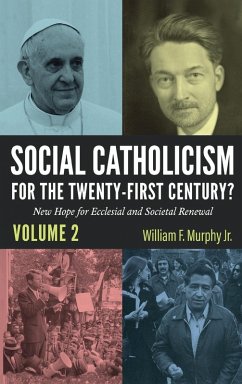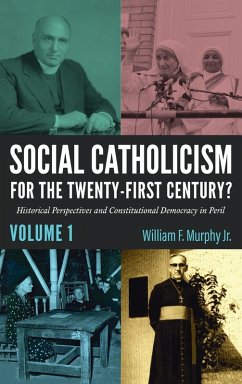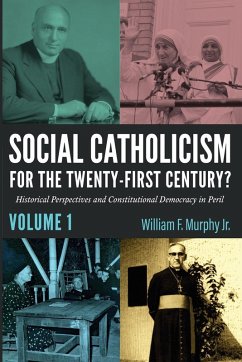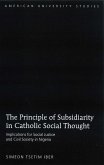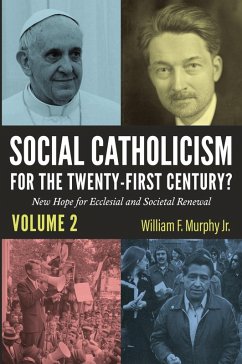The award-winning and widely read first edition of Catholic Social Learning: Educating the Faith That Does Justice, published in 2011, described the critical edge of the tradition of justice pedagogy in Catholic higher education at the end of the first decade of the twenty-first century. But living traditions change in response to new challenges and develop their own resources more fully. The most obvious and compelling development in recent years has been the publication in 2015 of Pope Francis' landmark encyclical Laudato Si': On Care for Our Common Home--the occasion for the new chapter-length afterword to this expanded edition of Catholic Social Learning. The urgent imperative to defend creation is a major but not the only reason for a new edition. Two new chapters, on the many forms of shame as a pedagogical issue and on the Book of Job and belief in a just world, add spiritual and theological depth to the original assessment of more than a decade ago. Those three additions comprise the totally new Part IV: The Critical Edge of the Tradition. A new preface sets the argument in the context of current controversies over the place of painful emotions in educational settings.
Hinweis: Dieser Artikel kann nur an eine deutsche Lieferadresse ausgeliefert werden.
Hinweis: Dieser Artikel kann nur an eine deutsche Lieferadresse ausgeliefert werden.

